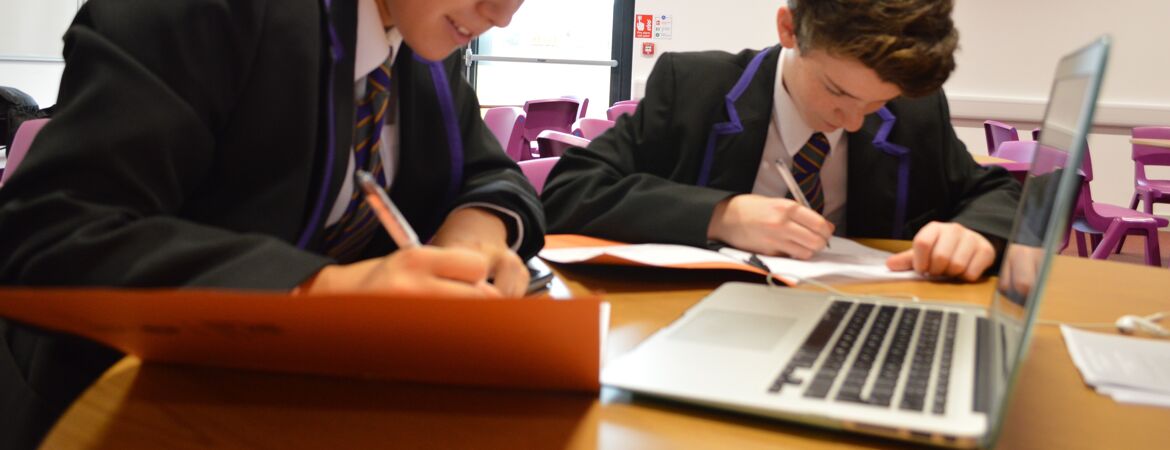Business
At Trinity, Business starts as an option in Year 10, introducing the theme of risk and reward and how a business startup can mitigate the risk and increase the reward. We talk about how you successfully set up and run a small business and the external influences that effect one. This then moves on to how business can grow into private and public limited companies; including the increased risk and reward attached to these and how running and organising one is different to a small business. For big and small business, finance is key and where to get it and how best to use it efficiently through cash flow forecasting and business planning. Through the use of business case studies students see that there is no right and wrong answer but rather better and worse solutions to issues various businesses face. Being able to identify both the advantages and drawbacks of a course of action is vital to understanding the uncertain nature of how a business operates in our economy and that decisions made are always to increase the reward whilst reducing the risk and to know that rarely is there no risk at all attached to a business decision.
For the first part of the course students learn what enterprise and entrepreneurship is and how to spot a business opportunity. They then learn how to put and business idea into practice effectively and take into account the external influences a business faces (interest rates, inflation, unemployment, etc.). We then move onto growing businesses and how these are organised into departments and functions including marketing, operations/production, finance and Human resources and how all of these work together to make a business function successfully. Throughout the course students are introduced to real life business examples showing the various areas covered and this method is continued in the final exams where short case studies are used to allow the students to apply their knowledge.
The GCSE course leads naturally to the A Level and CTEC Business courses. A Level is examined by three, 2 hour papers at the end of Y13 and CTEC has a combination of coursework and exams throughout the course. A Level Business goes into more detail with the units covered at GCSE but also looks at models and theories associated with them (The Boston Matrix, elasticity, motivation theories and theories surrounding change to name a few). CTEC Business applies far more to real business by carrying out case study coursework reporting on aspects of marketing, communication and human resources. Exams look at working in business and the business environment, which run alongside coursework.
SEND and Business at Trinity
At Trinity It is an expectation that all lessons and wider resourcing has effective provision for students with SEND so that they are able to make equal progress to their peers. SEND data is analysed and used to inform planning and interventions where necessary.
In Business all teachers consider the needs of SEND students in three ways. Firstly, teachers consider a ‘seating check’ In business this means looking at the students’ individual needs and if available, their student passport which identifies the best place for them to be seated in the class, taking into account other students and proximity to the teacher.
Secondly all resources are checked to ensure they are SEND friendly. In Business this means that the inclusive checklist is used the make sure that seating plans, resources and the delivery of the lesson is tailored to meet all students’ needs.
Finally, the way Business is implemented is at Trinity ensures all SEND students can make progress. This means that all students have the same learning destination but they may take a different route via support available. For example, some students will be offered additional scaffolding such as success criteria, sentence starters or writing frames in longer written work. In Business new information is broken down into chunks of information, to support students in understanding the content before applying the information to composite tasks.


